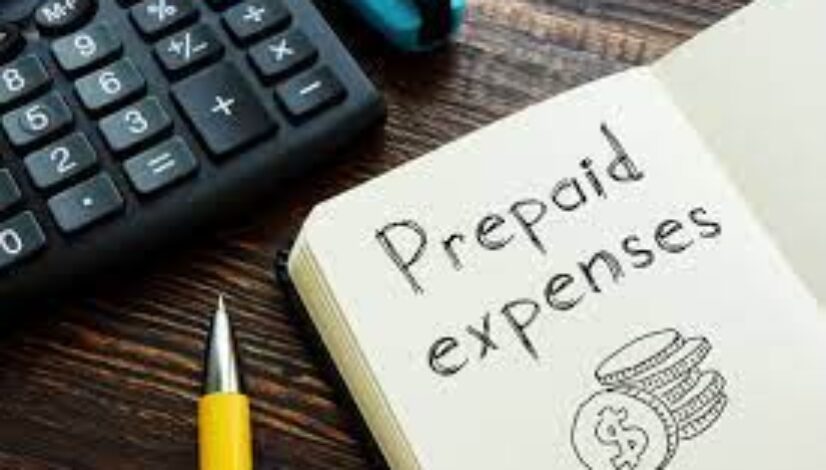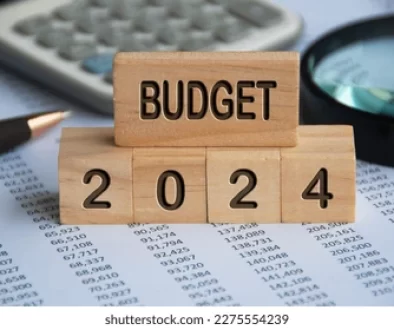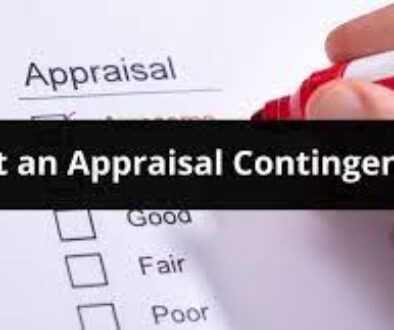Prepaid Costs
When it comes to buying a new home, it may seem like the home’s selling price is never as straightforward as you might expect. On top of the price tag, there are always additional fees and costs reflected in the transaction. Most home buyers expect to cover the down payment and closing costs, but buyers are also responsible for paying their prepaid costs, or “prepaids.”
Though lenders do their best to break down each cost highlighted in the loan estimate and mortgage disclosure documents, prepaid costs can come as a surprise to buyers who might not be familiar with these documents. Prepaid costs can also be mistaken for closing costs and escrow because they have similarities, but ultimately, they are three separate items of business.
To save you from additional buyer stress, we’ll explain what prepaid costs are when buying a home and give you tips for what to expect in your final transaction.
What Are Prepaid Costs?
Prepaid costs when buying a home can include an initial escrow deposit, homeowners insurance premium, real estate property taxes and mortgage interest. These costs are different from your closing costs. Mortgage companies typically outline these in your mortgage loan estimate document.
As the name suggests, prepaids are upfront cash payments made before your down payment to obtain a mortgage. Prepaid costs are paid at closing and placed into an escrow account to cover mortgage expenses that are typically included in monthly homeownership-related fees. When it comes time to make these payments, the lender will withdraw from the escrow account to cover the expenses, meaning you won’t need to pay any additional costs.
Which Prepaid Costs Will Be Included In The Mortgage?
As you prepare to review your loan estimate and mortgage disclosure documents, it’s important to know what expenses to look for. Typically, the most common prepaid costs that are included in the mortgage are the homeowners insurance premium, real estate property taxes, mortgage interest and the initial escrow deposit.
Prepaid Insurance And Taxes
Prepaid insurance and taxes are two common prepaid costs included in the mortgage. Typically, 6 months to 1 full year of homeowners insurance is collected and prepaid at closing. In addition to prepaid homeowners insurance, your mortgage lender will also collect property taxes from you.
It’s up to the lender to determine how much is going to be collected, but this prepaid amount will be deposited into an escrow account and act as a cushion for you to pay your future bills.
Prepaid Interest
Mortgage interest is another prepaid cost included in the mortgage. It’s collected as a prepaid expense so the lender can put it toward the first mortgage payment,so no matter which day of the month you close, the lender will have at least 30 days to enter your information in the system to issue your first statement.
However, depending on what time of the month you close, the amount of interest required may vary. For example, some homeowners might prefer to close at the end of the month so that there will be less interest accrued in advance before your first monthly mortgage payment.
Initial Escrow Payment At Closing
The initial escrow deposit is the final prepaid cost you should expect to be included in your mortgage. The initial escrow payment is the money deposited with the lender which will be used to pay future homeowners insurance and property taxes. Look at your lender’s requirements to determine the cost of your deposit and whether it is needed in the first place.
Similar to the prepaid insurance and tax expenses, this initial escrow deposit will act as an extra cushion in your escrow account. The initial escrow deposit goes above and beyond initial prepaids and it will also continue to be held in escrow even after the first payments begin as a security precaution. If you use escrow, your mortgage insurance will be a separate prepaid cost.
Prepaid Costs Vs. Closing Costs
As we mentioned earlier, there is a difference between prepaid costs and closing costs. We already know that prepaid are upfront costs for your monthly mortgage expenses. But typically, closing costs are more closely related to origination, paying title companies and closing a mortgage loan.
As a result, closing costs are paid to the lender as a fee for processing the loan. Closing costs are also listed on a Closing Disclosure. Finally, another difference between prepaid costs and closing costs is that the seller may cover the closing costs but the buyer will always pay the prepaids.
Where To Find Your Prepaid Costs On Your Loan
When you first get your mortgage loan document, it might be difficult to locate a description of your prepaid costs. Typically, prepaid costs are broken out on page two of your loan estimate, often labeled as “other costs” after the outlined closing costs. Once you locate this section, you should be able to identify the prepaid costs described in your loan.
How To Calculate Your Prepaids On A Mortgage
To better help you calculate your prepaid costs, we came up with three scenarios to illustrate how a borrower can calculate their prepaid expenses.
Figuring Out Homeowners Insurance
Let’s start with a homeowners insurance example. Say you want to try and estimate 6 – 12 months of your future homeowners insurance premium. Homeowners insurance premiums can vary depending on your location, age and condition of your home, credit score and your history of premiums. Your home insurance rates might increase if you live in an area prone to natural disasters or destructive storms.
On the other hand, your home insurance rates might decrease if you’ve recently renovated an older part of your home or installed a new roof. The average annual homeowners insurance premium in the U.S. is $1,249.
However, some states’ average rates are higher or lower than the national average. It’s important to talk to an expert like an insurance agent when you calculate your unique homeowners insurance premium.
Once you have an estimated or exact amount for your annual premium, remember that you will make payments toward this expense with the escrow account you will already have set up.
Prepaid Property Taxes At Closing
As another example, you might want to calculate real estate property taxes based on where you live.To calculate property tax, you multiply the property’s assessed value by the local tax rate.
Let’s say you want to move to Chicago and the assessed value of your home is around $250,000. The average tax rate in Chicago (Cook County) is about 2.1%. So, to calculate your real estate property tax, you’re going to multiply $250,000 by 2.1% or 0.021. After calculating these numbers, you could expect to pay about $5,250 annually in property taxes.
Mortgage Interest At Any Time Of The Month
For our final example, let’s look at how to calculate mortgage interest dependent on what time of the month a borrower closes. First, remember that prepaid interest is typically calculated using the first day of accrued interest on your mortgage balance.
Now, let’s say you want to purchase a $200,000 home loan with an annual interest rate of 3.5%. If you close this mortgage 10 days before the end of the month, you would take your annual interest rate and divide it by 365 to calculate your daily rate.
Prepaid Cost FAQs
What are common prepaid costs I should expect?
Typically, your prepaid costs will include initial escrow deposit, homeowners insurance premium, real estate property taxes and mortgage interest. Your lender will likely outline these costs.
How are prepaid costs different from closing costs?
Closing costs are more related to loan origination, paying titles companies and closing a mortgage loan. Also, it’s sometimes possible to get a seller to cover some closing costs, but prepaid costs will always be up to the buyer.
Are prepaids the same as escrow?
No, but they’re related. You put money for prepaids into an escrow account, but the amount in escrow may be greater than the initial prepaid. That’s mostly as a precaution.
Are prepaid costs the same from every mortgage company?
All mortgage companies make estimates, but how much you pay will be about the same. It’s better to compare interest rates, terms and fees when choosing a mortgage lender than the prepaid estimate.




